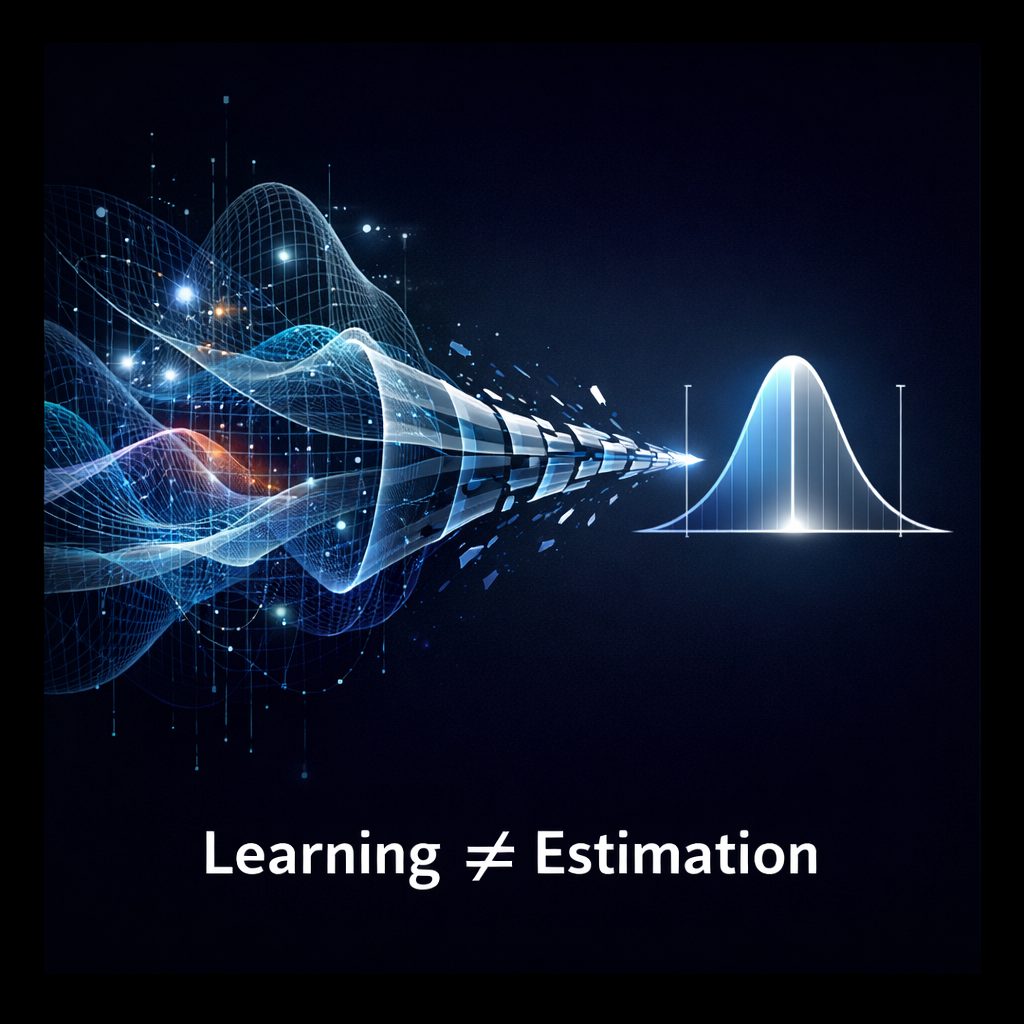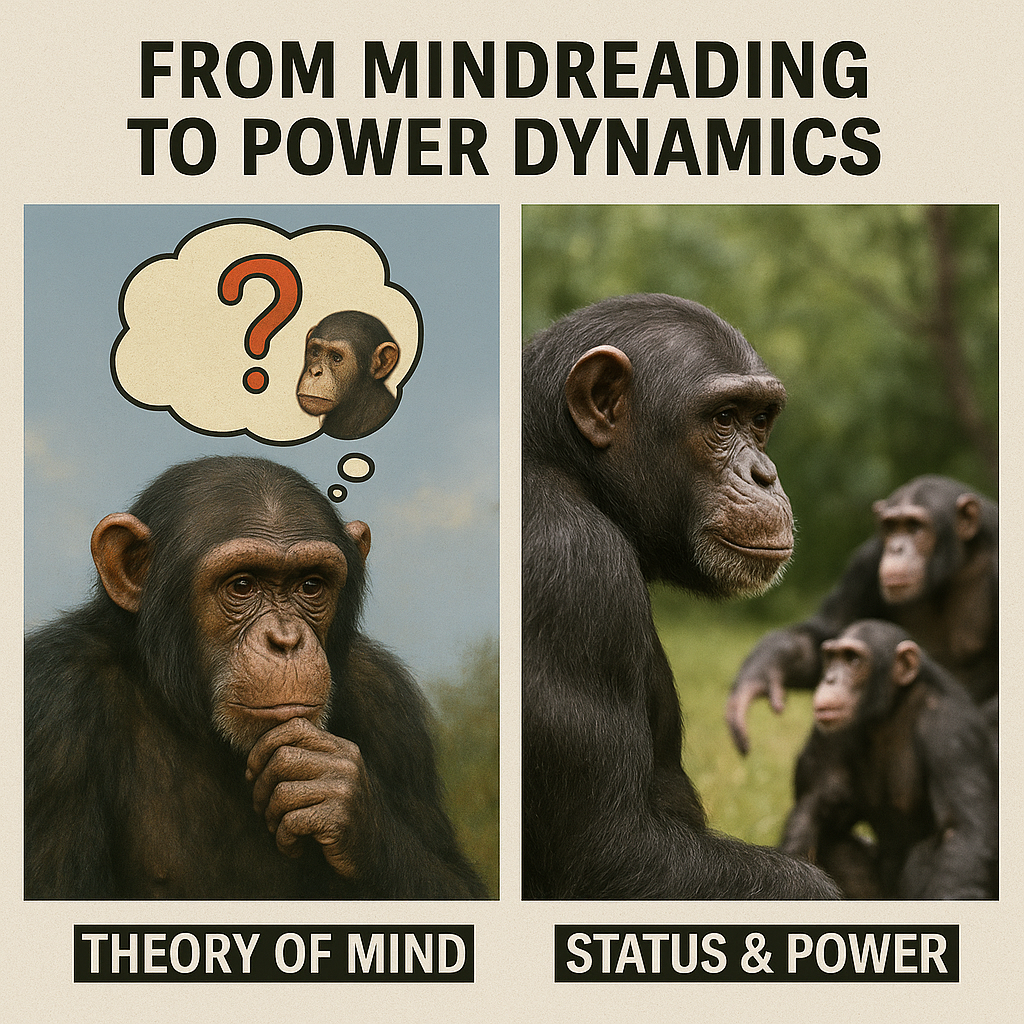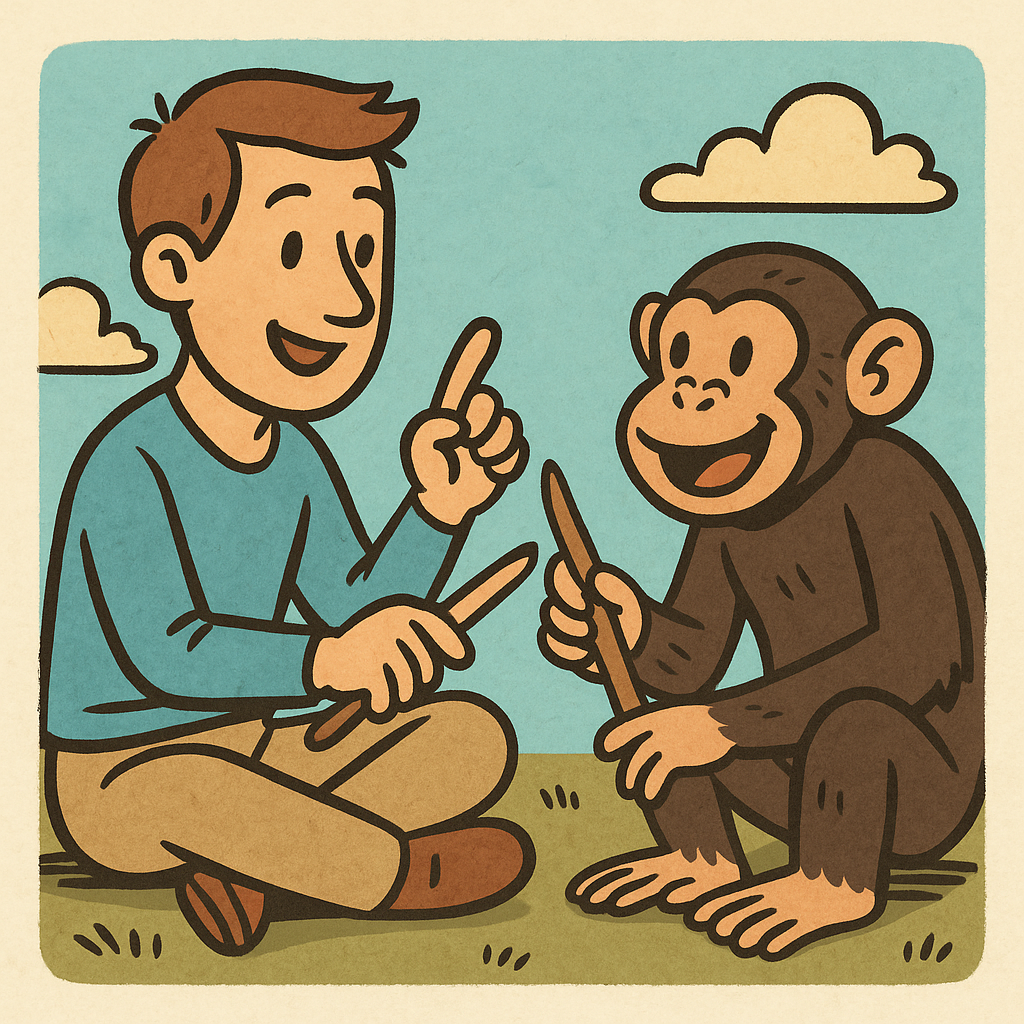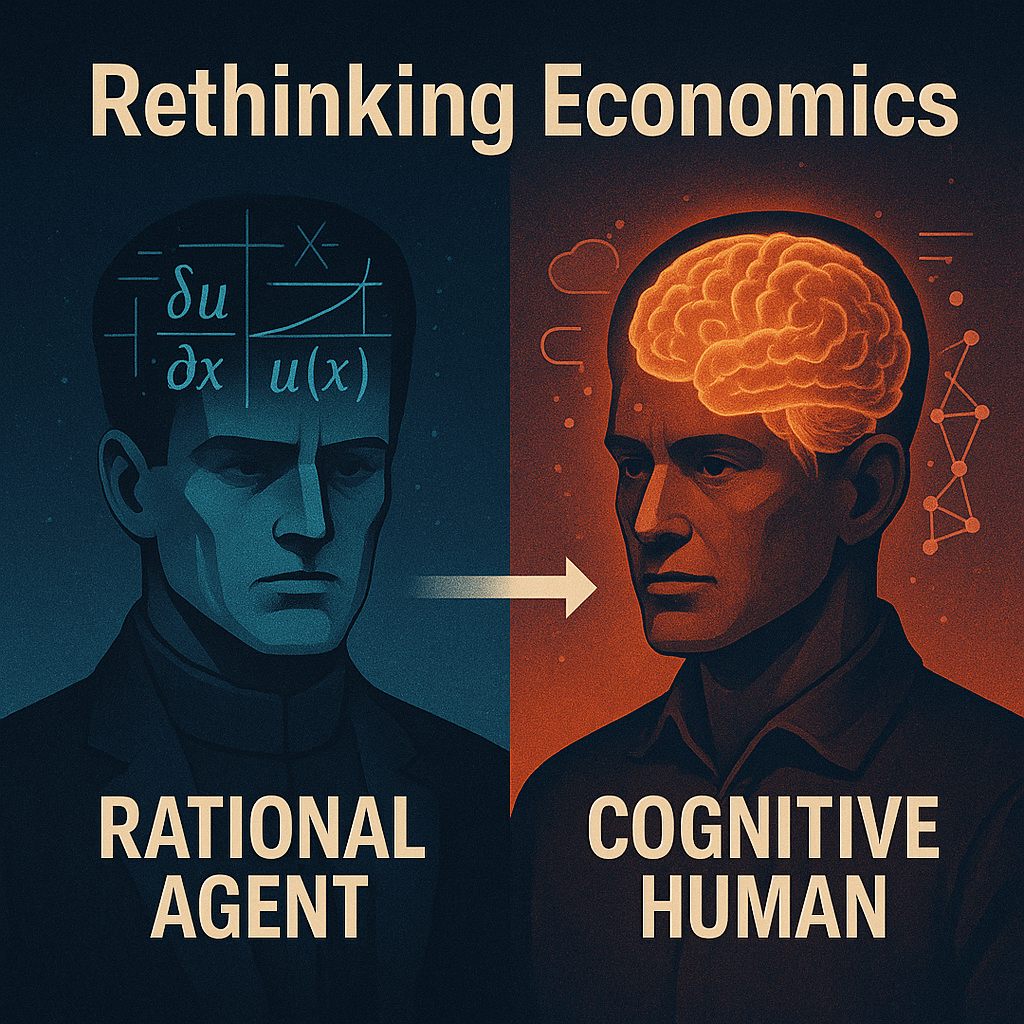ResearchI'm reconstructing human cognition as a biological extension—demonstrating that core capacities like tool use, cooperation, fairness, and political strategy are not uniquely human, but shared with other primates. This perspective leads us to reexamine intelligence and social cognition, redefining their boundaries through functional and comparative analysis. On this foundation, we propose a new account of society—where economy, finance and social institutions are not cultural constructs, but structured expressions of cognitive architecture. |

|
Rethinking Machine Learning: From Statistical
Abstractions to Empirical Mechanisms
Egil Diau Zenodo, 2025
ML Ontology
Statistical Learning Theory
ML Theory
Zenodo
Modern machine learning works extremely well in practice, but its theory was developed in an era when learning systems were weak. Classical theory—centered on PAC learning—mistook statistical concentration under IID assumptions for learning. Today’s ML theory still treats mathematical convergence as learning, rather than as control over data manifolds. This work reframes the ontology of machine learning as an engineering discipline, not a theory of mathematical convergence. |

|
Beyond Symbolic Mind: Re-evaluating the Logical Model of
Intelligence
Egil Diau Zenodo, 2025
Symbolic Mind
Symbolic Computation
Logic
project page
/
Zenodo
Symbolic computation is often criticized for weak optimization and generalization, but its core failure is structural: it requires every intermediate condition to co-exist and every operation to be world-instantiable, so a single failed grounding collapses the entire chain. Human cognition never seeks such total realizability; it works through partial information and non-exhaustive specification, which is why symbolic inference is not how thought operates, but a formal ideal dependent on conditions the world does not provide. |

|
Rethinking Statistics and Causality: Why Mechanisms Cannot Be Inferred from
Data Distributions
Egil Diau Zenodo, 2025
Statistic
Bayesain Inference
Causal Inference
project page
/
Zenodo
Persistent failures of statistical and causal inference to match real-world behavior across disciplines reveal a deeper limitation: mechanisms cannot be recovered from data distributions. These mismatches motivate a revisit of both paradigms, showing that statistical inference collapses into geometric alignment, while causal inference extends the same error by conflating probability with causality. |

|
Power as Relative Position: A Foundational Theory of Systemic
Asymmetry
Egil Diau Zenodo, 2025 project page / Zenodo Existing accounts of power are fragmented, often tied to traits, norms, or institutions. We propose a unified system theory of power: relative position in a system. This definition unifies biology, psychology, and system dynamics, yielding five lemmas that explain why power accumulates, converges, and endures. |

|
Rethinking Human Culture: Cognitive Mechanisms and Cross-Species
Continuities
Egil Diau Zenodo, 2025 project page / Zenodo Culture isn’t uniquely human. Chimpanzees and orcas show rich cultural behaviour, yet traditional theories frame culture as symbolic, human-only, and vague. We replace this with a unified, testable framework that explains stability, variation, and complexity across all cultural systems, grounded in two continuous cognitive spectra. |

|
Rethinking Social Cognition: Power, Status, and the Myth of
Mindreading
Egil Diau Zenodo, 2025
Social Cogniton
Relative Position Dynamics
Unified Social Foundations
project page
/
Zenodo
Theory of Mind is conceptually vague and empirically unreliable. Both humans and other social animals show high error rates in mental state inference, suggesting it reflects memory-based social inference rather than true mindreading. We argue that, in contrast, tracking status and navigating power are robust, consistent, and cross-species—offering a stronger foundation for understanding social cognition. |

|
Rethinking Human Cognition: A Comparative Framework Bridging Biological
Roots and Social Complexity
Egil Diau Zenodo, 2025
Biological Cognitive Basis
Unified Human Substrate
Foundations of Human Societies
project page
/
Zenodo
Most theories treat morality, politics, and cooperation as uniquely human inventions. We argue, instead, that these capacities are structured extensions of cognitive functions shared with other primates. To support this view, we propose a comparative framework—organized into six core domains—that bridges biological roots and social complexity, offering a new foundation for cognitive science, social theory, and computational modeling. |

|
Finance as Extended Biology: Reciprocity as the Cognitive Substrate of
Financial Behavior
Egil Diau arXiv, 2025 project page / arXiv Finance is often traced to institutional design or cultural invention. We argue instead that it originates in the same behavioral substrate as economic exchange: the fundamental logic of reciprocity. Trade—commonly seen as finance’s starting point—is the canonical form of reciprocity, from which credit, insurance, token exchange, and investment emerge as structured extensions. |

|
Rethinking Economics: From Classical Assumptions to Cognitive
Reality
Egil Diau Zenodo, 2025
Economic Foundations
Conceptual Reconstruction
Real Economic Behavior
project page
/
Zenodo
Modern economics inherited its form from eighteenth-century moral philosophy. Yet many of its core ideas—rational agency, self-interest, and equilibrium—were historical inventions, not empirical facts. To address this, we re-examine seven foundational myths and rebuild the field on cognitive and behavioural reality. |

|
The Cognitive Foundations of Economic Exchange: A Modular Framework
Grounded in Behavioral Evidence
Egil Diau
Economic Origins
Reciprocity-Based Exchange
Cognitive Mechanisms
arXiv, 2025
project page / arXiv Prevailing accounts trace the origins of economic exchange to barter or symbolic trust—a framing that places its roots in uniquely human invention. We overturn this assumption, proposing instead that economic exchange originates in reciprocity: a social behavior shared with other social animals and sustained by three minimal, simulateable mechanisms—individual recognition, reciprocal credence, and cost–return sensitivity. |
